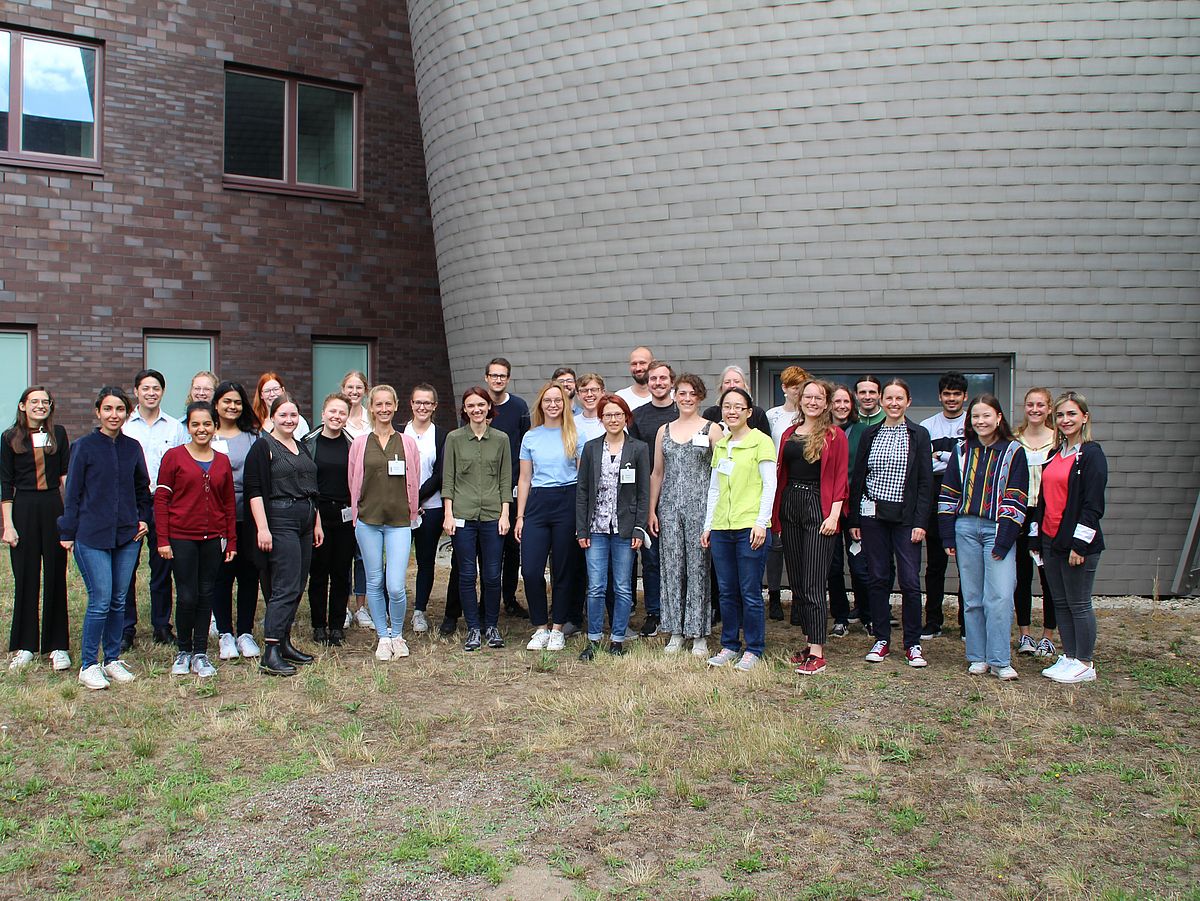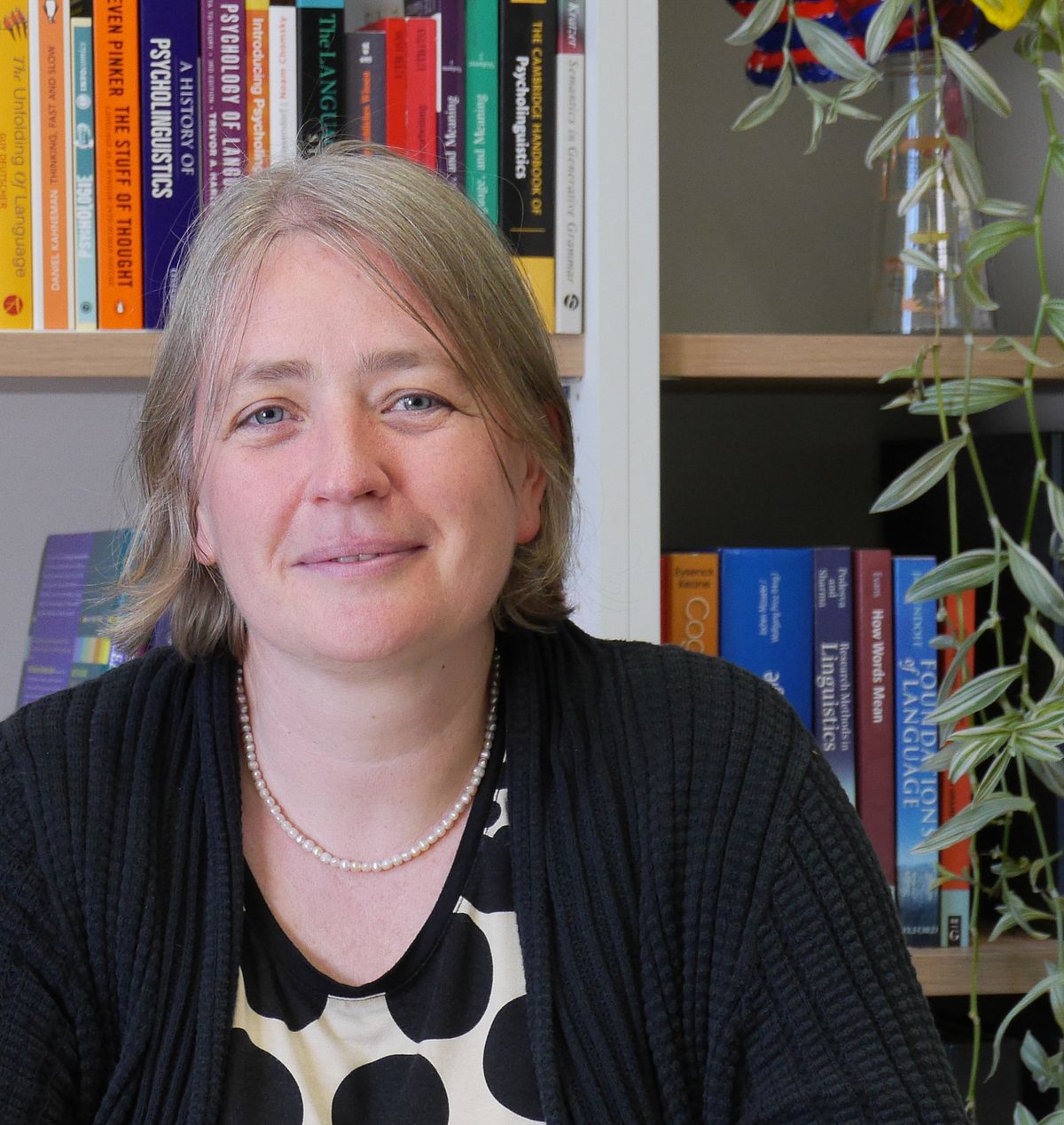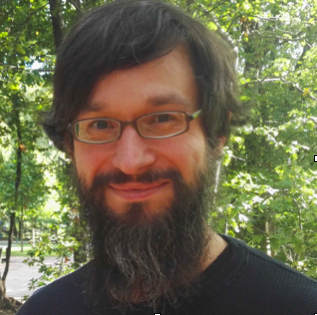11th PhD Summer School Cognitive Psychology ("A-Dok")
Retrospective
In the year after its 10th birthday in Würzburg, the cognitive psychology doctoral student’s workshop “A-Dok” came to Bremen, the hometown of one of the former founding members. High up north, about 30 doctoral students from all over Germany gathered at the University North on July 8-10, 2022.
On Friday morning, the traditional pre-workshop took place. This year, it was led by Markus Janczyk and Heinrich Liesefeld and focused on the basics of cognitive modeling. During the actual workshop, the research projects and results of each PhD student were presented and discussed in the form of talks and posters. Further highlights of the program were the keynotes by Wilfried Kunde, Christina Bermeitinger and Barbara Kaup as well as a barbecue on Saturday. Once again a big thank you to Wilfried, Christina and Barbara for accompanying the workshop. The physical well-being was taken care of with sandwiches, snacks and lots of cake, especially our vegan marble cake was very popular.
All in all, the ADok was well received this year and we look forward to seeing all the familiar and new faces next year in Greifswald! See you soon!
All the best from the organizing team
Lea Eichfelder, Ludwig Danwitz, Talke Michaelsen, Valentin Koob, Vedant Shah & Ann-Katrin Hosch

![[Translate to English:] das ADok-Team2022](/fileadmin/_processed_/7/3/csm_DSC_2400_806e4931e6.jpg)

Info about the past workshop



As in previous years, there will be a series of keynotes.
- Our first keynote will be given by Wilfried Kunde on the topic of "Fun(ding) in Science". Wilfried Kunde is a Professor of Experimental Psychology at the University of Würzburg and his research focuses –among other topics– on action planning, unconscious information processing, and dual tasking performance.
- The second keynote by Barbara Kaup will be about Embodied Cognition. Barbara Kaup is a Professor of Cognitive Psychology at the University of Tübingen. One of her research interests deals with language, investigating how concepts are represented or how negations are processed.
- The third keynote will be given by Christina Bermeitinger, Professor of Experimental Psychology at the University of Hildesheim. Christina Bermeitinger has a wide range of research interests, ranging from movement and spatial representation to attention and consciousness. For her keynote, however, she will turn to a special topic: olfactory.


This year's pre-workshop is about cognitive modeling: In recent years, more and more articles have been published that make use of this technique. But as a PhD student, we may ask ourselves: "How do I start?" and "How exactly does cognitive modeling actually work?".
Dr. Heinrich Liesefeld and Prof. Dr. Markus Janczyk take us to the basics of cognitive modeling. Because even if standard applications exist in some cases, you can't get around the basic concepts. So, we will go to the basics of modeling and learn how to write a simple model from scratch and estimate its parameters using R. The workshop is primarily aimed at beginners with little experience in cognitive modeling.
Heinrich Liesefeld has several years of experience in modeling visual search and visual working memory; Markus Janczyk, on the other hand, in modeling response selection processes. Since this often requires custom solutions to problems, both have hands-on experience in how to estimate the parameters of a model and which concepts need to be understood.
In addition to the pre-workshop and keynotes, the A-Dok is, of course, primarily intended to give you the opportunity to discuss your research, projects, applications, etc.. You may either give a short talk (about 15 minutes including discussion) or present a poster. If more talks are submitted than we can schedule, we may ask PhD students who already gave a presentation last year to present a poster instead. Moreover, remember that the A-Dok is, as always, a place of exchange. Thus, all topics that concern you or your PhD are welcome. Data that are difficult to interpret, preliminary research ideas, etc., are explicitly welcome.

